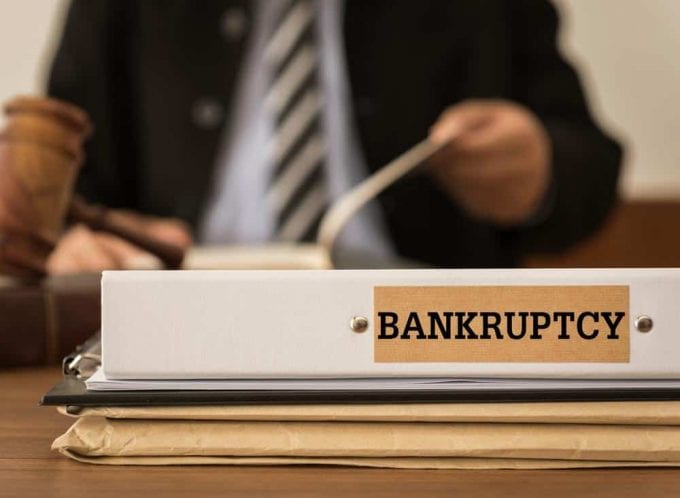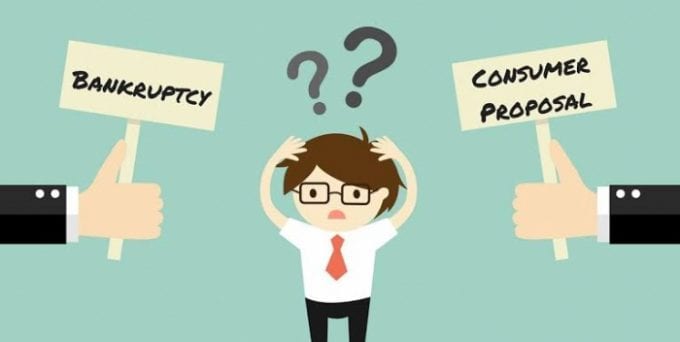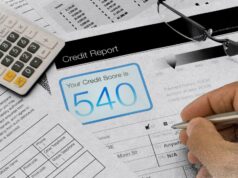You’ve bitten off more than you can chew when it comes to your finances, and now you need to find a way out. The sooner you realize you can’t find a way out of debt on your own, the more options are available to you. If you feel yourself struggling, you need to reach out.
There are a lot of options available to you, and probably a lot of ads directed your way as well. Not all paths out of debt are equal, and not all of them will work for you. The four most common options are bankruptcy, consumer proposals, credit counseling, and debt consolidation loans.When choosing any debt restructuring option the goal is to solve the situation once and for all. According to halifaxdebtfreedom.ca they recommend starting with the least invasive option and then working your way to the more severe options. If at any point you feel uncertain you should consult with a professional.
How Bankruptcy Works

Bankruptcies can only be administered by a Licensed Insolvency Trustee. Firms like G. Slocombe & Associates Inc. employ professionals who are licensed and regulated by the government to administer both bankruptcies and consumer proposals. The same regulations don’t exist for financial products like debt consolidation loans or debt management.
In the bankruptcy process, your debts are discharged, but you will have to give up non-exempt assets (as well as surplus income) that will be sold with the proceeds going to your creditors. These are the assets that are generally exempt, although they typically have value limits that depend on jurisdiction:
- Household goods such as furniture and appliances
- Tools of the trade
- Equity in a single motor vehicle
- Equity in a home
- Clothing
- Medical aids
- Registered retirement investments (except for those made recently before the bankruptcy)
In addition to forfeiting non-exempt assets, if you earn over a certain amount of income, you may need to pay a portion of it for the benefit of your creditors through the bankruptcy period. The availability of surplus income payments can also extend how long bankruptcy lasts.
How a Consumer Proposal Works
A consumer proposal is an alternative to bankruptcy that allows you to negotiate a settlement plan, offering a compromise that allows you to eliminate a portion of your debt and a timeline for paying back the rest without interest continuing to pile upon it.
You can propose a plan to your creditors that involves paying a reduced amount each month over a longer repayment period, or that your creditors are only paid a percentage of your total debts. The amount you wind up paying can be as low as 20 to 30% of your outstanding unsecured debts, depending on your total debts, income, and circumstances.
A consumer proposal will also protect you from collections actions, including contact from debt collectors, wage garnishments, and other legal actions.
Bankruptcy vs Consumer Proposal

Whether bankruptcy or a consumer proposal works best for you depends on your financial situation. In some cases, bankruptcy may make more sense. For example, if you have few assets and a lower income, bankruptcy may be the better option. If you don’t have surplus income (or not much above the thresholds), the impact on your income will be significantly reduced.
A consumer proposal makes more sense when you own assets such as vacation properties, multiple vehicles, or investments outside of a retirement savings plan. They may also work to your benefit if you have a relatively high income. Unlike with surplus income payments in a bankruptcy, in a consumer proposal, the monthly amount you pay does not increase if your income does, nor do you have to give up a sudden windfall such as an inheritance.
For your consumer proposal to become binding, your creditors must vote on whether to accept it. Their votes are weighed by how much money you owe them. You only need 50% of your debts plus one dollar of unsecured debt to accept the proposal and it becomes binding on all of your creditors.
By comparison, your creditors cannot prevent you from filing bankruptcy.
Credit Counseling
If you can still manage to pay your bills, but you do feel yourself struggling with debt and heading toward bankruptcy, credit counseling can help you create a budget and a debt repayment plan that will help you get out without going through insolvency.
This is an option that works well for someone with a low debt-to-income ratio who can keep up with their bills. Those who are unable to keep up should consider insolvency instead.
Credit counseling is also part of the bankruptcy and consumer proposal process. As part of your insolvency process, you will also learn how to use credit, rehabilitate your finances, and stay out of debt in the future.
Debt Consolidation Loans

Debt consolidation loans are not lent by bankruptcy trustees, who only administer government-regulated debt relief procedures such as bankruptcy and consumer proposals. Debt consolidation loans are another financial product and one that should be used with caution. Inform yourself before you do anything; what may seem like a good deal could actually wind up getting you deeper into debt.
These loans consolidate your various unsecured debts so that you only make a single monthly payment at one interest rate. This can be great if you:
- Always forget about bills even though you can make payments on them.
- Have high-interest debts that could be consolidated at a lower rate.
Be cautious about the downsides of debt consolidation:
- There’s no guarantee the interest rates will be lower.
- Often lower interest rates are an introductory rate to entice you to transfer, and can ultimately be higher than the rates you had in the first place.
- Debt consolidation loans extend the repayment terms, meaning you will be in debt for longer than if you pursued other options.
These loans also don’t help you address the roots of your problem or encourage you to limit your credit use. They can be an unnecessary step that only make matters worse.
Explore your options for getting out of debt. Rushing into one course of action can quickly land you in hot water if you don’t have a full picture of your debt relief options and financial situation. Call, make appointments, and do your research.









